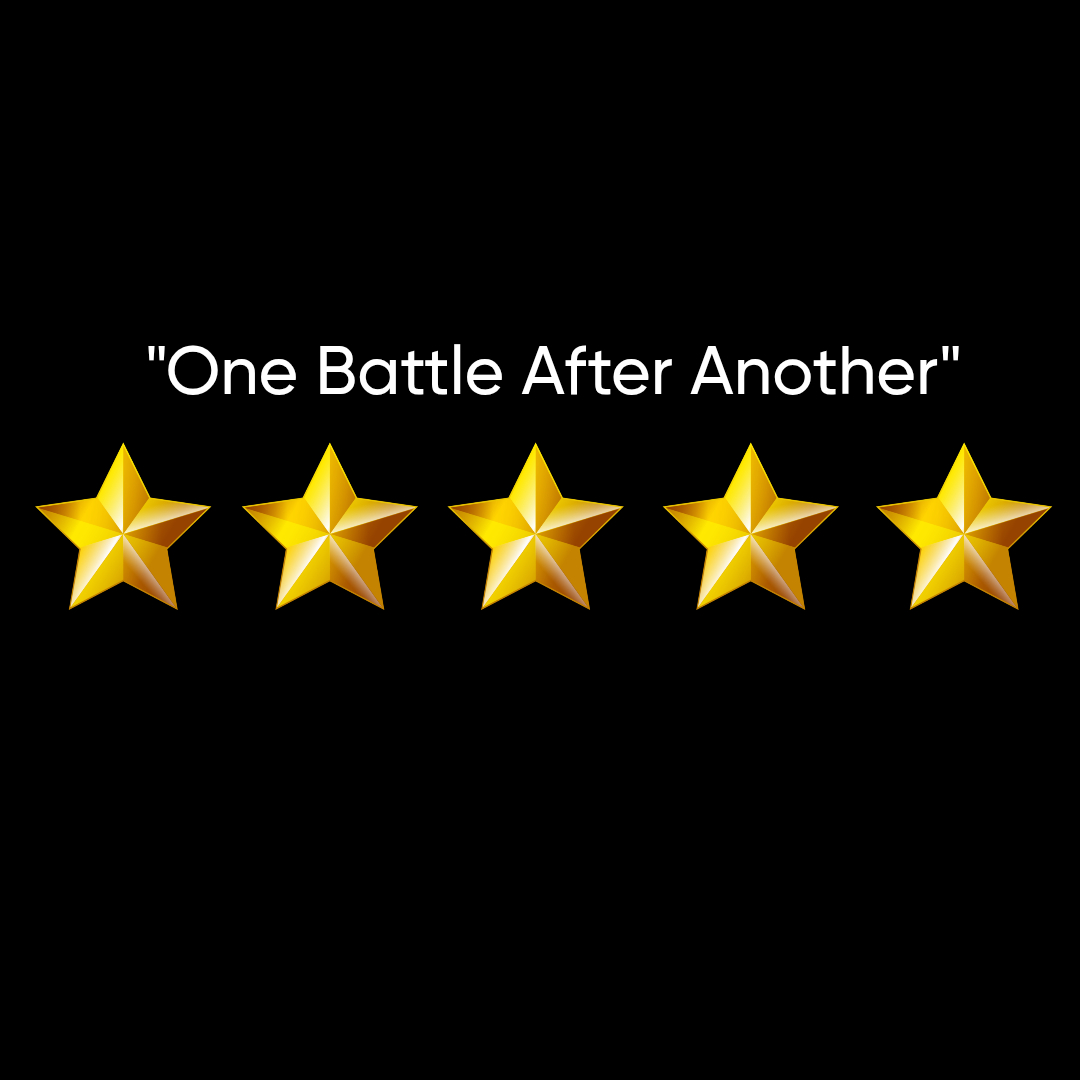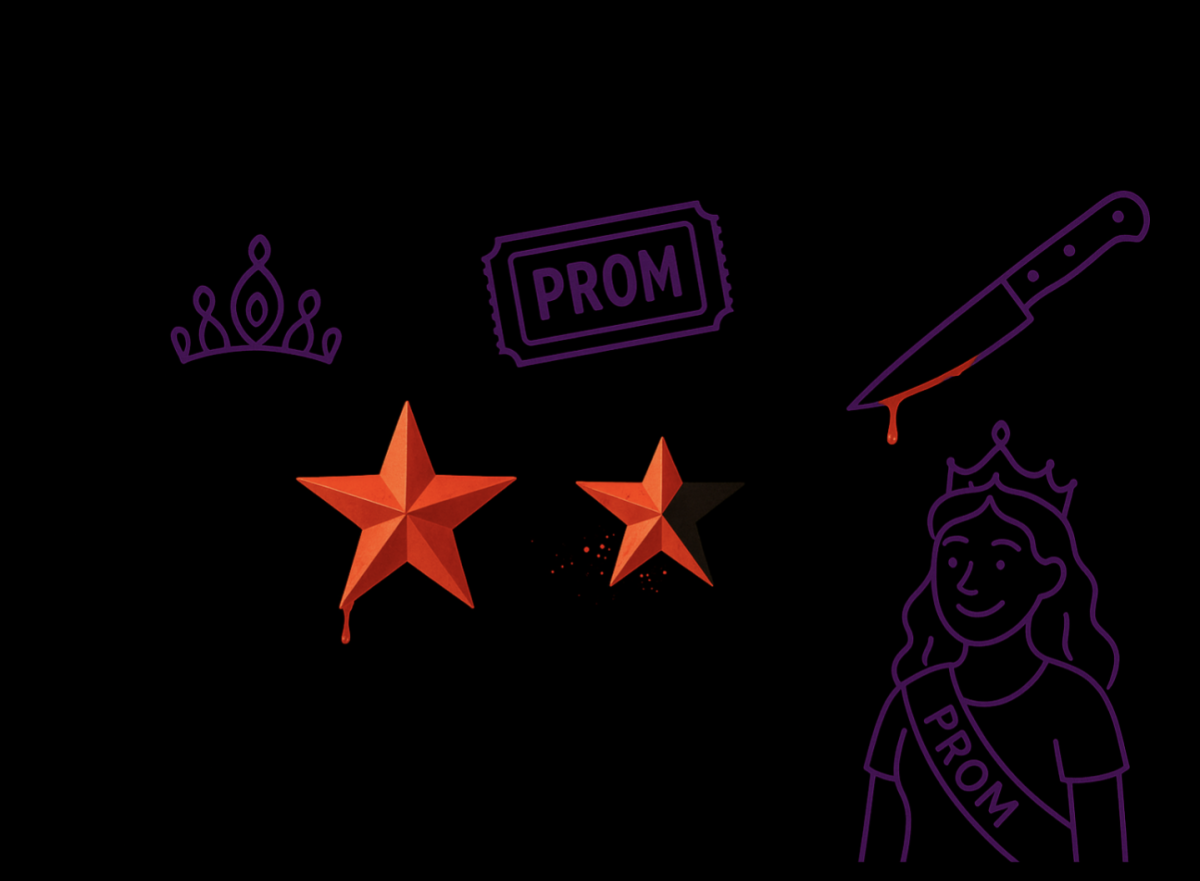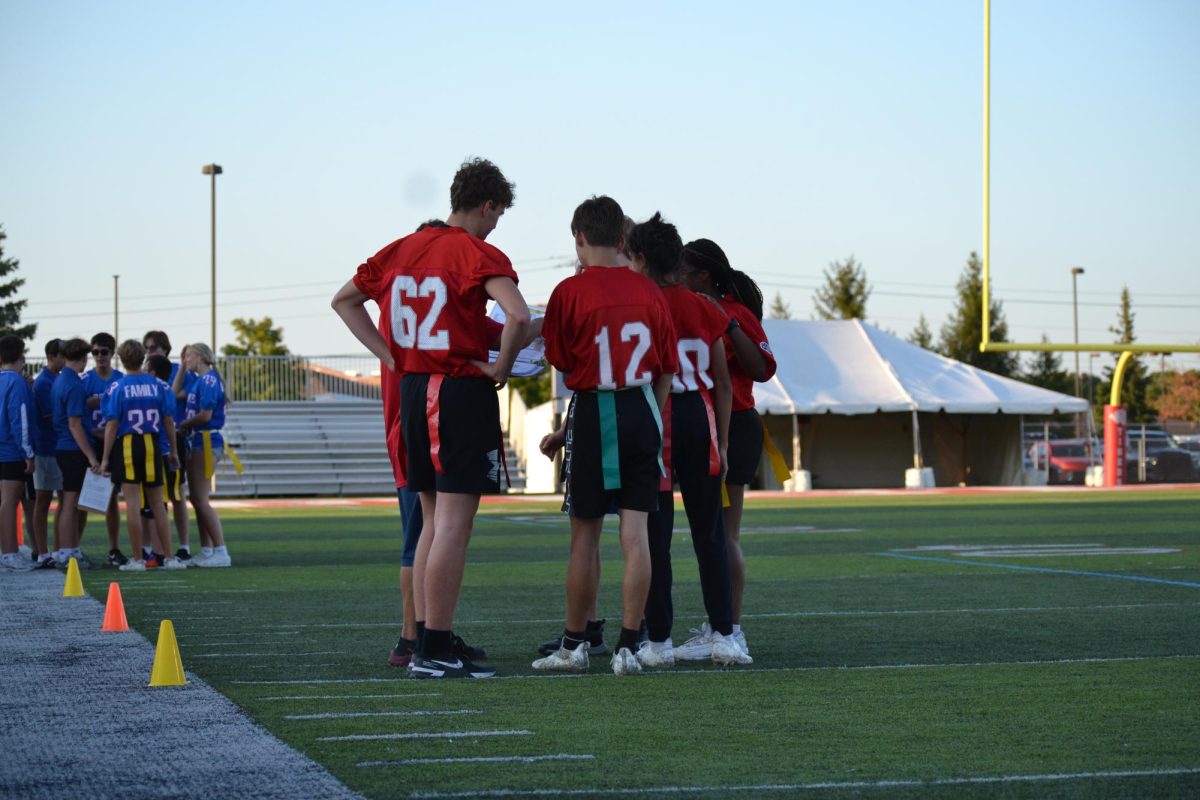Throughout a student’s high school career, they’ll read a variety of books ranging from Shakespearean plays to thrilling novels. However, many question whether or not these books are actually important to teach. While some are certainly better than others, it’s important to take a closer look at what makes these books deserving or undeserving of being taught.
While I feel positively about most of William Shakespeare’s collection of dramas and comedies, the titular tale of star-crossed lovers met with constant tragedy, “Romeo & Juliet” makes me the most uncertain. The main reason for the play’s negative reputation can be seen in an article by the Washington Post, in which English teacher Dana Dusbiber delves into how focusing so much on Shakespeare can limit the way teachers show important topics.
“I do not believe that a long-dead, British guy is the only writer who can teach my students about the human condition,” Dusbiber said. “I do not believe that not viewing ‘Romeo and Juliet’ or any other modern adaptation of a Shakespeare play will make my students less able to go out into the world and understand language or human behavior. Mostly, I do not believe I should do something in the classroom just because it has ‘always been done that way.’”
The lack of creativity that comes from relying on Shakespeare to teach these lessons is a fair concern, but it misses the mark on why pieces like “Romeo & Juliet ” are taught in so many classrooms. Such plays serve not just as lessons on human behavior, but also on the history of literature and plays in the Renaissance era. Observing the use of olden English or the mix of crude humor and eloquent romance to appeal to all classes that attended shows allows students to gain a greater perspective of how that time served as a platform for art. While not the easiest read, Shakespeare’s “Romeo & Juliet” applies historical lessons that few others can.
A piece that lacks these important lessons is Homer’s epic poem “Odyssey”, the Greek classic that tails the long journey of the warrior Odysseus. Unlike Shakespearean plays, “Odyssey” is mainly taught to convey the idea of character archetypes and tropes. In a New York Times article, writers Ryan R. Goble and Elizabeth Wiersum detail how the tale can teach the ideas of the hero’s journey, suggesting that teachers relate it back to superhero movies.
While this trope can be seen in many stories, those stories are praised for the qualities that differentiate them from the basic structure. This story structure is very loose and only offers slight help to students in their writing. The lessons taught by “Odyssey” rarely relate to the modern age. This, along with the poor readability of the poem, leads me to the belief that the “Odyssey” should be taught less in modern curriculums.
Moving from literature disliked by students to literature disliked by parents, J. D. Salinger’s novel “The Catcher in the Rye” is one of the more controversial books being taught. Following a journey through the eyes of pessimistic student Holden Caulfield, the novel deals with several dark subjects such as trauma, loneliness and a general loss of innocence. According to the American Library Association, the book has been challenged, banned, or removed from American schools 25 times.
While the book’s sensitive topics can make readers uncomfortable, the complex characters and themes largely make up for it. Holden Caulfield acts as many readers’ first introduction of the untrustworthy narrator, a trope that allows authors to enhance their works’ impact by making the readers question the intentions of the narrator and consider how perspective impacts descriptions. Salinger encourages his audience to both critique and sympathize with Holden by giving the morally gray narrator hypocritical relationships with the adult world that oppose his caring nature when dealing with those he considers innocent. “The Catcher in the Rye” shouldn’t be clouded by its dark themes, but instead approached with maturity that allows students to access the thought-provoking messages lying within its pages.
Every book has its flaws, but there is a reason the books taught in schools are considered class-worthy. While they may not be something you read for fun, it is important students read most of these books.















